The Unconscious in Proust's a la Recherche Du Temps Perdu

Summary
In an interview given in 1913, Proust described the as-yet-uncompleted A la recherche du temps perdu as a series of «Romans de l’Inconscient». This study explores the theme of the unconscious in Proust’s great novel, situating it against a backdrop of nineteenth-century models of the mind, and tracing its connections with major metaphoric and thematic networks in the novel. Dreams and spoken language in particular emerge as crucial sites of unconscious mental activity, providing a wealth of material on which one can base a comparative study of Proustian and Freudian models of the mind.
Similar Books
-
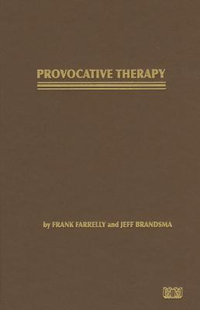 Provocative Therapy
Provocative Therapyby Frank Farrelly
-
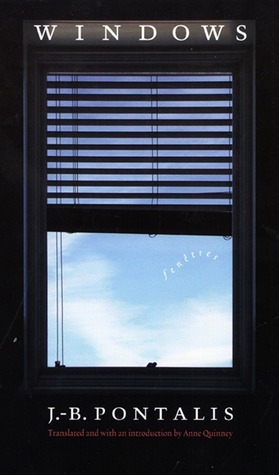 Windows
Windowsby Jean-Bertrand Pontalis
-
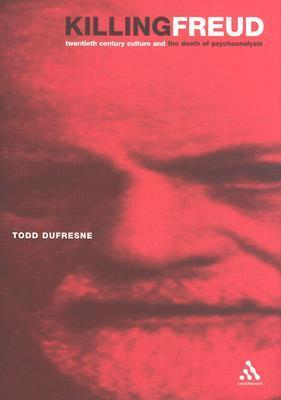
-
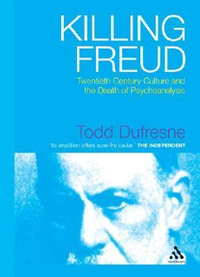
-
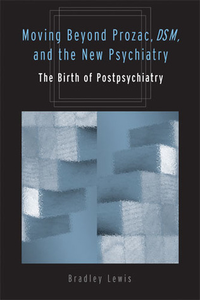
-
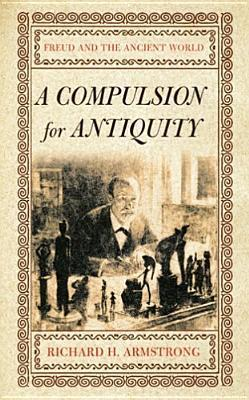 A Compulsion for Antiquity: Freud and the Ancient World
A Compulsion for Antiquity: Freud and the Ancient Worldby Richard H. Armstrong
-
 Culturally Alert Counseling: A Comprehensive Introduction
Culturally Alert Counseling: A Comprehensive Introductionby Garrett McAuliffe
-
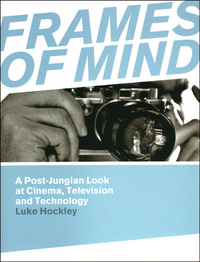
-
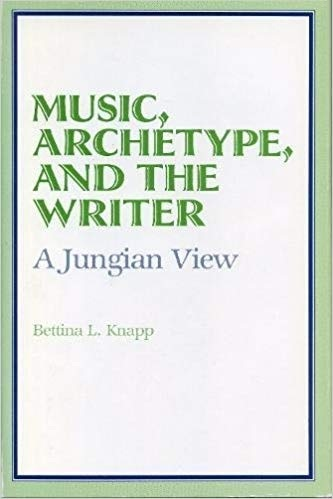 Music, Archetype, and the Writer: A Jungian View
Music, Archetype, and the Writer: A Jungian Viewby Bettina L. Knapp
-
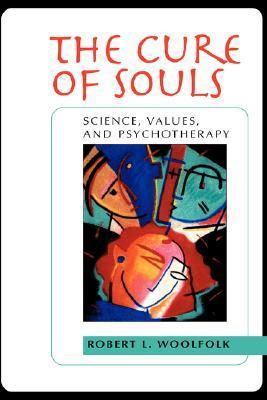 The Cure of Souls: Science, Values, and Psychotherapy
The Cure of Souls: Science, Values, and Psychotherapyby Robert L. Woolfolk
-
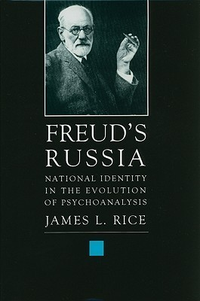 Freud's Russia: National Identity in the Evolution of Psychoanalysis
Freud's Russia: National Identity in the Evolution of Psychoanalysisby James L. Rice
-
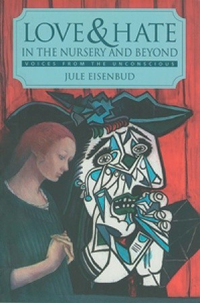 Love and Hate in the Nursery and Beyond: Voices from the Unconscious
Love and Hate in the Nursery and Beyond: Voices from the Unconsciousby Jule Eisenbud
-
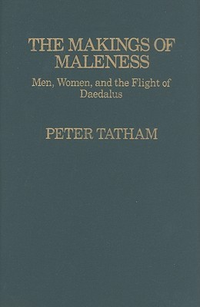 The Makings of Maleness: Men, Women, and the Flight of Daedalus
The Makings of Maleness: Men, Women, and the Flight of Daedalusby Peter Tatham
-

-
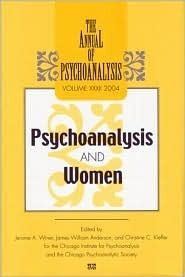 The Annual of Psychoanalysis, V. 32: Psychoanalysis and Women
The Annual of Psychoanalysis, V. 32: Psychoanalysis and Womenby Jerome A. Winer
-
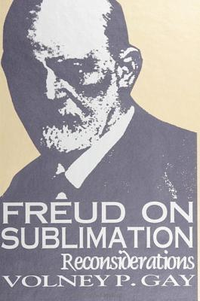 Freud on Sublimation: Reconsiderations
Freud on Sublimation: Reconsiderationsby Volney P. Gay
-
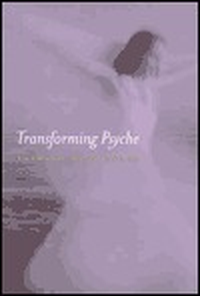 Transforming Psyche
Transforming Psycheby Barbara Weir Huber
-
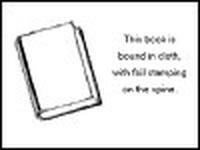 From Fragmentation to Wholeness: The Black South African Family Under Seige
From Fragmentation to Wholeness: The Black South African Family Under Seigeby Keith U.C. Appolis